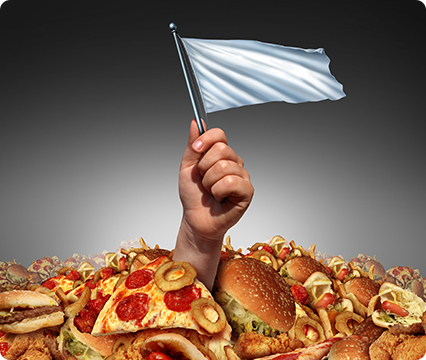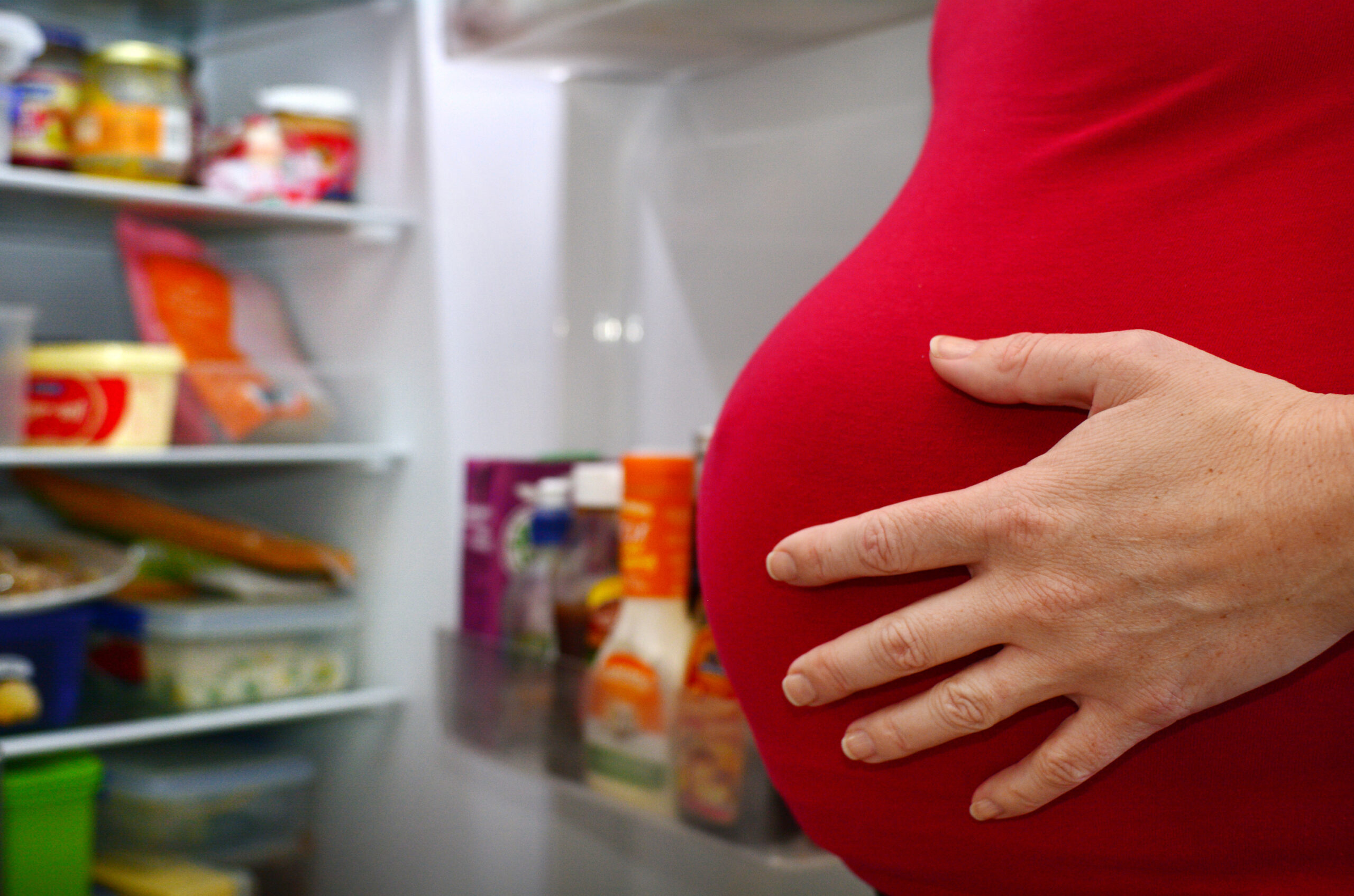Hedonic hunger, ultra-processed food consumption, and the moderating effects of impulsivity in pregnant individuals with body mass index ≥ 25
Previous studies have shown that in non-pregnant individuals, greater hedonic hunger—or the drive to eat for pleasure—is linked to higher consumption of ultra-processed foods (UPFs), particularly among those with higher impulsivity or poor delay discounting. This study by Jouppi & Levine (2024) investigated whether similar relationships exist during pregnancy and whether impulsivity or delay discounting moderates this link. A total of 220 pregnant individuals with a BMI of 25 or higher completed assessments, including the Power of Food Scale, 24-hour dietary recalls, and the Barratt Impulsiveness Scale during early to mid-pregnancy. A subset of 143 participants also completed a Delay Discounting Task. Initial findings showed that hedonic hunger and UPF intake did not substantially correlate. While impulsivity did not significantly moderate the relationship, delay discounting did. In particular, reduced UPF intake was linked to stronger hedonic hunger in people with lesser delay discounting (better self-control). In contrast, among those with higher delay discounting (less self-control), the relationship was not statistically significant. These results differ from findings in non-pregnant groups and suggest that lower delay discounting may protect against excessive UPF intake during pregnancy despite high hedonic hunger. [NPID: Hedonic hunger, impulsivity, obesity, overweight, pregnancy, ultra-processed food]
Year: 2024
 Navigation
Navigation









